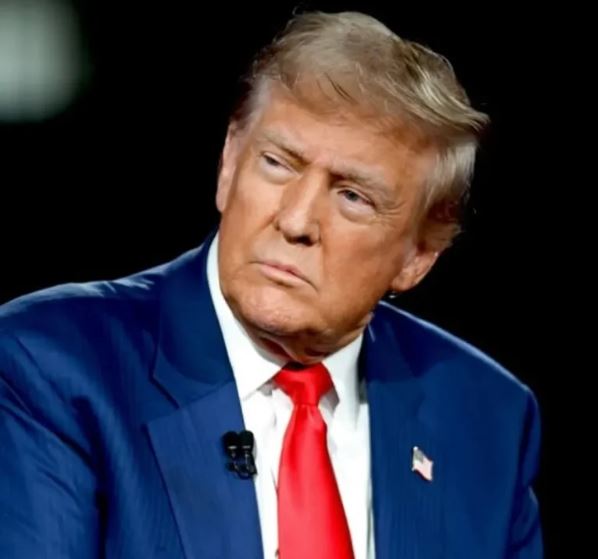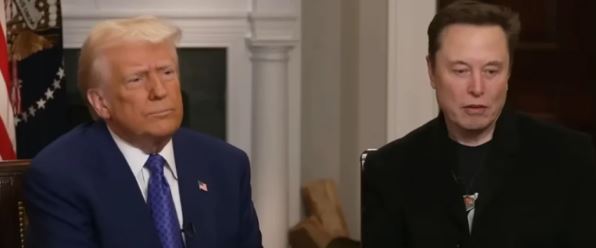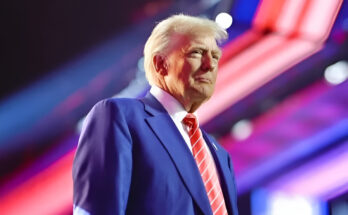The Impact of Trump’s DOGE Initiative
Donald Trump and Elon Musk have introduced a groundbreaking initiative aimed at returning substantial funds to American taxpayers. This innovative fiscal effort, led by both figures, seeks to enhance financial efficiency and provide significant economic benefits to the public.

From its inception to its evolution as the Department of Government Efficiency (DOGE), this agency has remained at the forefront of efforts to streamline bureaucracy in the U.S. government. Committed to its mission, DOGE works tirelessly to cut unnecessary red tape and eliminate wasteful spending.
By promoting efficiency and accountability, the department seeks to enhance government operations while ensuring taxpayer dollars are used effectively. Through continuous innovation and reform, DOGE strives to create a more responsive and cost-effective government.

DOGE successfully reduced government waste by approximately $55 billion through its implementation. This was achieved via programs that identified fraud, renegotiated contracts, and eliminated redundant grant processes.
By streamlining operations and cutting inefficiencies, the initiative significantly improved fiscal responsibility. Additionally, cost reductions within the Department of Energy contributed to substantial savings, potentially allowing for financial distributions to millions of American taxpayers. Through these efforts, DOGE continues to enhance government efficiency while ensuring taxpayer dollars are utilized effectively.
James Fishback, CEO of Azoria, originally conceived the idea behind the initiative. He proposes that residents receive 20% of the savings generated by the organization through a program now known as the “DOGE Dividend.” This straightforward initiative aims to provide direct financial benefits to taxpayers.
A simple implementation would involve issuing $5,000 checks during tax refunds, allowing tax-paying households across the United States to share in the financial benefits of government efficiency. By returning a portion of saved funds, the DOGE Dividend seeks to reward responsible governance and fiscal responsibility.

The $2 trillion in savings generated by DOGE will serve as the foundation for distributing $50,000 checks to residents, aiming to stimulate economic growth. Any remaining funds will be allocated toward reducing the national debt, further strengthening the country’s financial stability.
Elon Musk, a key supporter of this initiative, plays a significant role in both technological advancements and public policy development. He is actively engaged in discussions with President Trump regarding the program’s implementation and logistics.
Public interest in DOGE’s performance under the Trump administration continues to rise, as many are eager to understand how these funds will be distributed and when they can expect to receive payments. Citizens are closely following the progress of this initiative, recognizing its potential to bring economic relief while enhancing government efficiency and accountability in managing taxpayer dollars.
The $5,000 check plan has sparked significant public interest, though it also raises concerns about its impact on federal budgeting and fiscal policy management. Many question how the initiative will be funded and whether it aligns with long-term economic stability and responsible government spending.

By reducing national debt while providing financial benefits to Americans, this proposed initiative highlights potential reforms in managing government savings. It raises questions about the long-term sustainability of budget cuts and their broader impact on federal programs.
Economists and critics are closely analyzing the DOGE approach to determine how these reductions might affect government operations. Experts continue to debate whether such substantial cuts can be maintained while balancing economic growth and fiscal responsibility. They weigh the potential long-term benefits of financial redistribution against possible negative consequences tied to redirecting federal savings.
Meanwhile, the Trump administration actively promotes this complex initiative, emphasizing its commitment to resource efficiency and financial accountability. By showcasing DOGE’s potential, the administration aims to gain public and political support while reinforcing its stance on reducing wasteful spending and optimizing government operations for long-term economic stability.

Implementing this strategy would set a new precedent for the U.S. government, leading to direct cost savings for taxpayers while shaping financial policies for future administrations.
As stakeholders await an official decision, they experience a mix of anticipation and uncertainty regarding the proposal’s approval and potential impact. The initiative’s supporters argue that it could redefine government efficiency, while critics question its feasibility and long-term sustainability.
If approved by the necessary authorities, the DOGE Dividend could launch an unprecedented payment program as early as next summer, distributing funds directly to taxpayers. This initiative represents a bold step toward financial reform, with the potential to influence future economic policies and government spending strategies.


